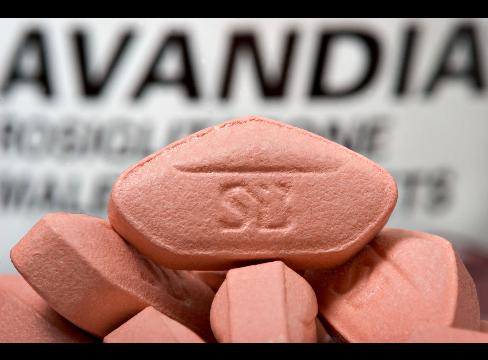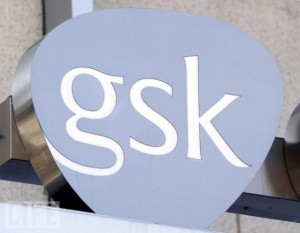Alex Constantine - March 27, 2010
" ... Some experts have estimated that Avandia has caused between 60,000 and 200,000 heart attacks and deaths due to cardiovascular problems in the U.S. from 1999 to 2006. ... "
AboutLawsuits.com | March 22nd, 2010
-
 An alarming number scientists and medical experts who came out in support of GlaxoSmithKline’s diabetes drug Avandia after it was linked to an increased risk of heart attacks and other side effects have been found to have undeclared financial ties to the company, according to a new study.
An alarming number scientists and medical experts who came out in support of GlaxoSmithKline’s diabetes drug Avandia after it was linked to an increased risk of heart attacks and other side effects have been found to have undeclared financial ties to the company, according to a new study.
Researchers from the Mayo Clinic have analyzed more than 202 scientific papers, letters, and studies published in the wake of a 2007 study that first suggested that side effects of Avandia increase the risk of heart attack, and published the results of their analysis in the British Medical Journal. They found that authors who rushed to the drug’s defense were likely to have ties either directly to GlaxoSmithKline, or to a pharmaceutical company with a similar drug.
Avandia (rosiglitazone) was approved by FDA in 1998 to treat type 2 diabetes by helping control blood sugar levels. The drug has been used by millions of diabetics, but sales have plummeted in recent years over concerns about the risk of Avandia side effects. Some experts have estimated that Avandia has caused between 60,000 and 200,000 heart attacks and deaths due to cardiovascular problems in the U.S. from 1999 to 2006.
Researchers found that out of the 202 studies and papers they reviewed, 31 authors expressed favorable opinions of Avandia. Of those 31 authors, 27 (87%) had financial ties to GlaxoSmithKline. The researchers found that nearly a quarter of the studies they looked at had undeclared conflicts of interest. They also found that scientists who considered Avandia to be dangerous were most likely independent and free of any pharmaceutical company ties or funding.
“Our findings underscore the need for accountability by both authors and journals,” the study’s authors concluded. “Given the potential influence of financial conflicts of interest on the views expressed in articles, the low rate of disclosure by authors of editorials and commentaries is disappointing.”
The researchers said that the results of the study underscores the need to improve scientific reporting methods.
Concerns about the risk of heart problems with Avandia first gained widespread attention in May 2007, when a meta-analysis of 42 different clinical trials was published in the New England Journal of Medicine, suggesting that users of Avandia had a 43% increased risk of a heart attack.
Avandia was placed back under the spotlight last month by a U.S. Senate report that blasted GlaxoSmithKline for allegedly trying to cover up Avandia heart attack risks by deceiving the FDA and pressuring scientists to support the drug. The report revealed that some drug reviewers in FDA have been calling for an Avandia recall since 2007.
GlaxoSmithKline PLC currently faces thousands of Avandia lawsuits filed by former users of the drug who allege that the drug company failed to adequately research their medication or warn users about the serious side effects. Federal Avandia litigation has been consolidated into an MDL, or Multidistrict Litigation, for pretrial litigation in the U.S. District Court for the Eastern District of Pennsylvania, where the first trials are expected to begin later this year.
http://www.aboutlawsuits.com/avandia-heart-side-effects-experts-tied-to-drug-maker-9080/








